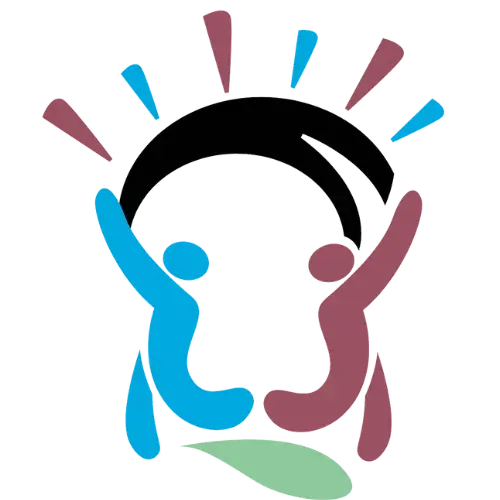- Home
- FAQ
FAQ
The National Disability Insurance Scheme (NDIS) is Australia’s first national Scheme for people with disability. It moves away from the previous system of providing block funding to agencies and community organisations, to direct funding for individuals.
The NDIS is a federally managed and funded safety net, providing a nationally-consistent, lifetime commitment to people who have permanent and significant disability with funding for supports and services.
The NDIS is not welfare, it is an insurance-based scheme that invests in participants to improve long-term outcomes.
Previously each state and territory has managed disability support themselves, and the system was underfunded, unfair, fragmented, inefficient and gave people with a disability little choice.
The NDIS is a federally managed and funded safety net, providing a nationally consistent, lifetime commitment to supports for people with a disability in their everyday life.
The NDIA is an independent Commonwealth government agency responsible for overseeing the implementation of the NDIS.
Support must be ‘reasonable and necessary’ and also:
- Help you reach your goals and aspirations
- Develop your capacity to actively take part in the community
- Foster greater independence
- Increase your social and economic participation
- Represent value for money.
This can include things you’d like to access for learning, work, daily living, accommodation, equipment/assistive technology, health, transport and hobbies.
How long is a piece of string? No-one can tell you that except the NDIS themselves when you receive your plan.
The NDIS looks at your individual goals and what reasonable and necessary supports you need to achieve these. They will take into account your age, stage of life, primary disability, functional impairment, living situation and your informal supports.
You can, however, take a look at the NDIS quarterly reports for your state and it will give you an idea of average funding packages for different age groups.
Yes. It is important to know that the NDIS will replace all other sources of disability funded supports (NOT the DSP or Carer’s allowance) when the NDIS is available in your area. You can, however, remain with your current provider/s if you wish to when you transition to the NDIS.
Existing national and state-based disability support services will continue until all eligible people phase into the NDIS.
If you turn 65 years after you have become an NDIS participant, you will have a choice. You can either continue to receive disability supports in the NDIS or receive supports through the Commonwealth aged care system.
If you currently receive Federal or State and Territory government supports, you will be contacted by the NDIA when the Scheme is available in your area.
If you do not currently receive supports you may still be eligible for the NDIS. You must contact the NDIS directly on 1800 800 110 to complete an Access Request Form. You do not need a referral.
For more information on accessing the scheme visit the access page on the NDIS website.
It is likely because the NDIS does not think you meet the eligibility criteria (see ‘am I eligible?’).
The NDIA may identify that your supports are best delivered by other service systems.
For a list of organisations who can help with support, both nationally and in different states and territories visit the page on the NDIS website about support for people who are not eligible.
If you believe a mistake has been made and that you should be eligible for the NDIS, you can ask for an internal review of the access decision.
You’ll need to start preparing for your planning meeting with the NDIS, this is called pre-planning. The NDIS is a new way of doing things and providing supports so preparation is really important in order to understand how it works, how to speak NDIS language and how to ask for what you need, to enable you to get the best outcomes.
We recommend it, yes. You’ll need a diagnosis of your primary disability from your treating health professional, whether that’s your GP, neurologist, allied health specialist or other specialist, and a list of your current treatments.
Don’t worry if you don’t have everything as the planner will ask you to get anything that they need that you don’t have at the meeting, but it’s better to come as prepared as possible so as not to delay access to the scheme.
Your evidence will need to confirm your disability, describe your treatments and outcomes (current and future) and confirm the impacts of your disability on areas of your life (social interaction, self-care, learning, mobility, communication etc).
If you need help to get your evidence together Local Area Coordinators (LAC) can help you.
For more information view the page about providing evidence of your disability on the NDIS website.
You will receive notification from the NDIS by your preferred mode of communication (usually email or letter) let you know your new plan is active. It will contain your myplace portal activation code, which expires within 10 days.
About 24 hours after your plan has been approved, it will be available on the NDIS myplace portal so it’s worth checking to see if the plan has been uploaded.
You will usually also receive a printed copy of your plan in the mail.

